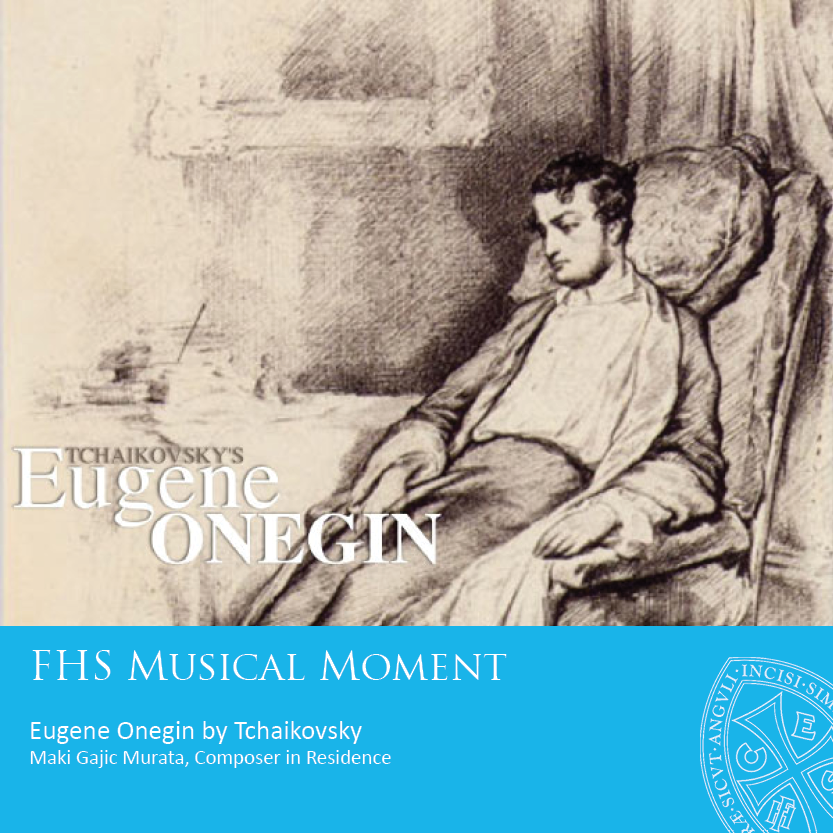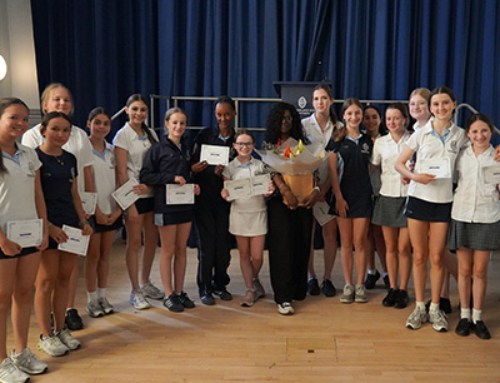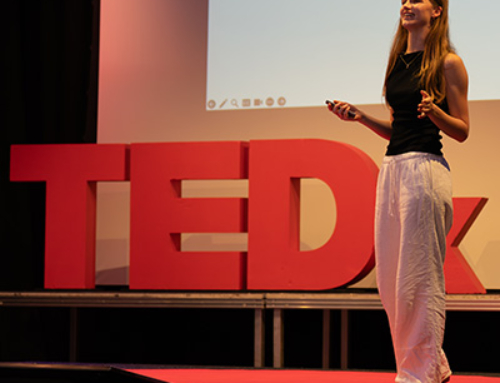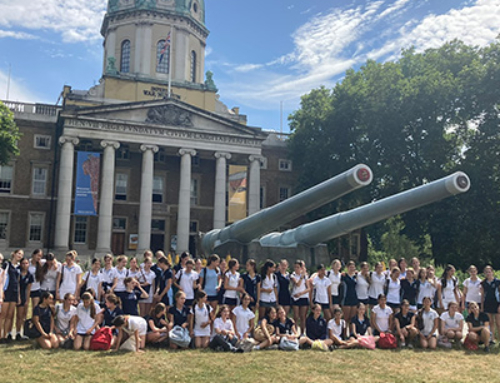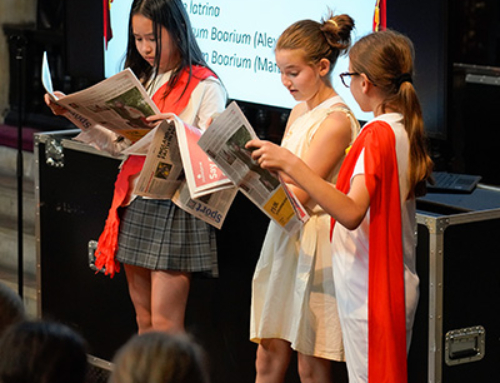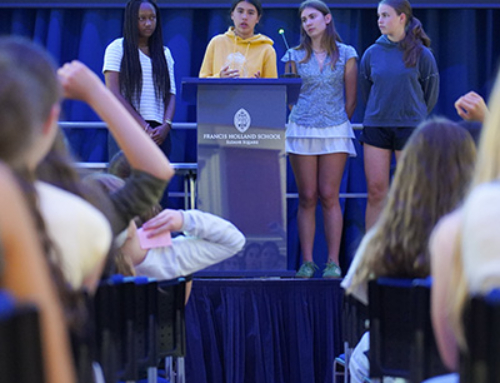On Tuesday, in the face of the tube and rail strikes, most of Year 9 and the music department fought our way to Holland Park Opera to watch an abridged version of Eugene Onegin being performed by the company’s young artists. For this week’s Musical Moment, I thought it would be interesting to look at the opera in more depth and look at the history behind the story.
Eugene Onegin, as an opera, was composed by Tchaikovsky and was closely based on the eponymous book by Pushkin (1832). Initially, in 1877, Tchaikovsky was opposed to the idea of writing an opera based on the book as he felt the plot wasn’t very strong – a world-weary and cynical Eugene Onegin rejects a young, inexperienced country girl (Tatyana), who eventually grows into a worldly woman – Onegin tries to seduce her, but it is too late as Tatyana is already married. The strength of the novel lies in its character development and social commentary as well its literary delivery. However, Tchaikovsky eventually came to embrace the idea and finished composing the opera in 1878. Tchaikovsky used original verses from Pushkin’s novel and chose scenes that involved the emotional world and fortunes of his heroes, calling the opera ‘lyrical scenes’. The opera is indeed episodic and there is no continuous story, just selected highlights of Onegin’s life.
Tchaikovsky worried whether the public would accept his opera, which lacked traditional scene changes. In 1879, he entrusted the first performance to the students of the Moscow Conservatory and then, two years later to the Bolshoi Theatre. Outside of Russia, the initial reception was lukewarm, and it was slow to reach European cities, being seen as a Russian curiosity. However, in 1892, in Hamburg, a performance was conducted by the one and only Gustav Mahler, and Tchaikovsky was applauded after each scene and received curtain calls at the end. Tchaikovsky attributed the opera’s success to Mahler’s ‘genius’ conducting, but the epic drama of the Act III, I believe, is the real clincher. The sight of Onegin clutching at Tatyana’s brilliant red dress on Tuesday was almost embarrassingly desperate and his cry of agony in the final moments of the opera certainly resonated with me and the rest of Year 9 there. I did note, however, that the primary school kids sitting behind us were not quite as impressed and exclaimed at the ‘grossness’ of the whole scene – I suppose opera is not for everyone!
Click on this link to see a short synopsis of the opera.
The closing night of the Holland Park is this Saturday, but if you’re keen to see what else is going on at Holland Park, have a look at the website below and let me know if you have any suggestions for future school trips to see opera or indeed, any other musical events.
Miss Murata, Composer in Residence


